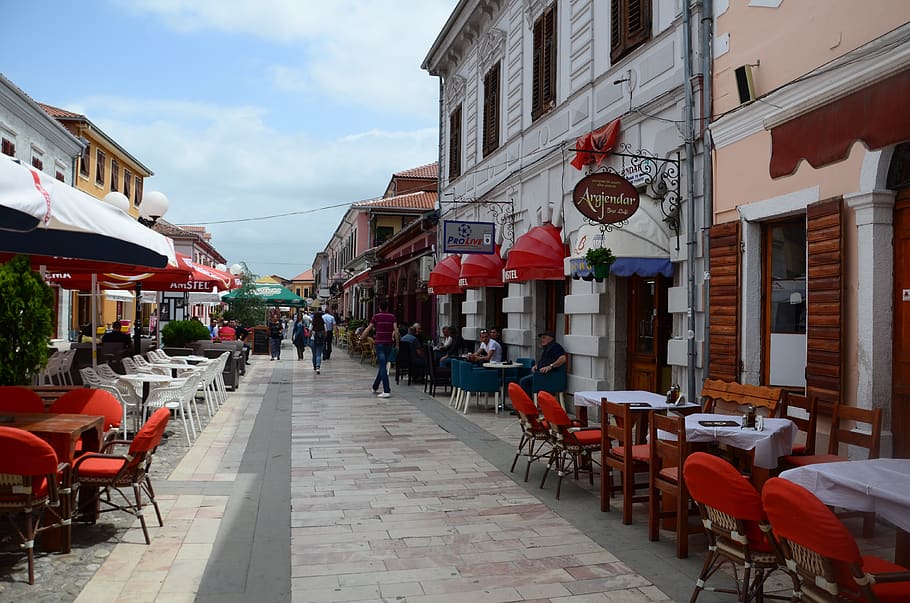Tourists have noticed that prices seem to be higher than usual the latest months in the Albanian restaurants. The prices in restaurants have increased by 20% to 30% due to several factors such a rising food costs, labor shortages, increased demand, and supply chain disruptions.
The prices in the Albanian restaurants seem to be higher in 2023 by 20-30% compare with 2022, due to several factors and affect the budget of the tourists. As the prices in Albanian restaurants increase by 20% to 30%, tourists may find that their travel budget does not stretch as far as it used to. With higher costs for meals, visitors may need to adjust their plans and either dine out less frequently or choose cheaper options. This can be especially challenging for those traveling on a budget or for families with multiple members. Additionally, higher restaurant prices may also affect the overall experience of tourists, as dining out is often a big part of exploring a new country and its cuisine. However, it’s important to note that the increase in prices is not unique to Albania, as many countries around the world have experienced similar challenges due to rising food costs, labor shortages, and supply chain disruptions. Ultimately, tourists may need to be more mindful of their spending and make adjustments accordingly while still enjoying all that Albania has to offer.
Rising Food Costs
One of the primary reasons for the increase in restaurant prices is rising food costs. As the cost of raw ingredients, such as meat, dairy, and produce, continue to rise, restaurants have had to adjust their prices accordingly. This is particularly true for smaller, independent restaurants that may not have the same buying power as larger chains.
Labor Shortages
Another factor contributing to the rise in restaurant prices is labor shortages. Many restaurants are struggling to find enough staff to meet the demand for their services. This has resulted in increased wages for existing staff, as well as the need to hire more expensive temporary staff or pay overtime wages.
Increased Demand
As the economy continues to recover from the pandemic, more people are going out to eat at restaurants. This increased demand has put pressure on restaurants to raise their prices in order to maintain profitability. Additionally, some restaurants have had to limit their capacity due to COVID-19 restrictions, leading to increased demand for fewer available tables.
Supply Chain Disruptions
Finally, supply chain disruptions have also played a role in the rise in restaurant prices. The pandemic has led to disruptions in the global supply chain, making it harder for restaurants to get the ingredients they need. This has led to higher prices for the ingredients that are available, which restaurants have had to pass on to consumers.
What does this mean for consumers?
For consumers, the rise in restaurant prices means that dining out may become less affordable. However, it’s important to remember that restaurants are also struggling to make ends meet. The increase in prices is not just a result of greed, but rather a necessity for many businesses to stay afloat. That being said, consumers can still take steps to save money when dining out, such as choosing less expensive dishes or sharing meals with friends and family.
In conclusion, the rise in restaurant prices can be attributed to several factors, including rising food costs, labor shortages, increased demand, and supply chain disruptions. While this may make dining out less affordable for some consumers, it’s important to understand that restaurants are also facing challenges in these uncertain times. By being mindful of your spending when dining out, you can still enjoy a great meal without breaking the bank.
Vicky is the co-founder of TravelDailyNews Media Network where she is the Editor-in Chief. She is also responsible for the daily operation and the financial policy. She holds a Bachelor's degree in Tourism Business Administration from the Technical University of Athens and a Master in Business Administration (MBA) from the University of Wales.
She has many years of both academic and industrial experience within the travel industry. She has written/edited numerous articles in various tourism magazines.



























































































































































































